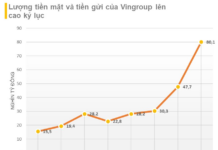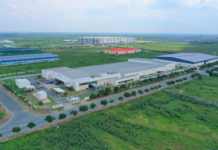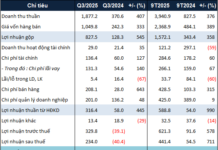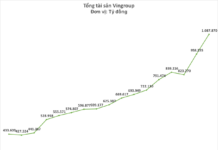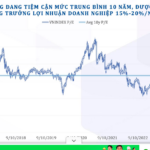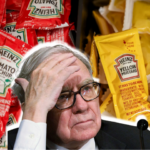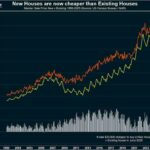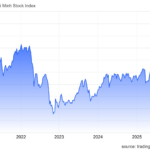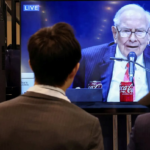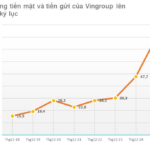According to CNBC, Berkshire Hathaway’s latest financial report has revealed a notable detail: Warren Buffett appears to have sold additional Apple shares in Q3 2025.
For an investor renowned for his steadfastness and long-term commitment to holdings, this move is more than a technical adjustment—it may signal a significant shift in Buffett’s view of the market and Apple’s position in the global investment landscape.
Despite Apple remaining Berkshire’s largest and most favored investment, recent financial reports indicate unmistakable signs of risk diversification.
$1.2 billion
In the latest quarterly report, Berkshire disclosed that the cost basis of its consumer goods portfolio, dominated by Apple, decreased by approximately $1.2 billion compared to the previous quarter.
Though not explicitly stated, analysts widely agree this figure reflects a new round of Apple share sales. Coincidentally, Apple’s stock surged over 24% in Q3, presenting an ideal opportunity for profit-taking.
This action aligns with previous strategies, as Berkshire sold 20 million shares in Q2 and executed a much larger sale earlier in 2024.
This isn’t Buffett’s first such move. In 2024, Berkshire surprised markets by selling two-thirds of its Apple holdings—a rare step for an investor known for long-term loyalty.
As of June 2025, Apple remains Berkshire’s largest holding, with 280 million shares valued at approximately $57 billion.
Why is Buffett selling?
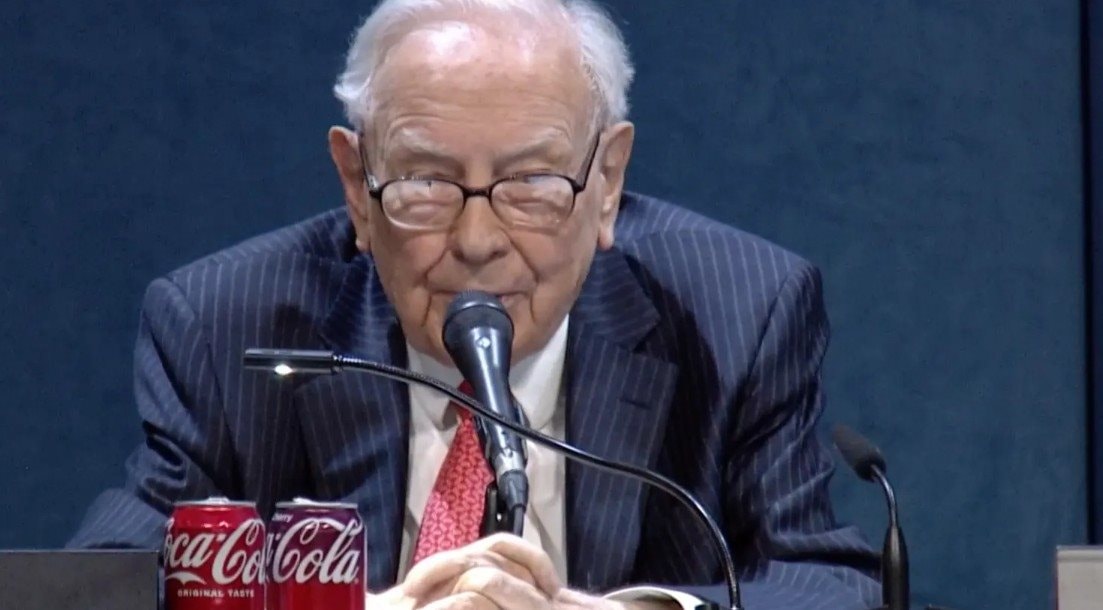
This question has sparked numerous theories. Buffett himself cited tax considerations as a reason for partial sales, leveraging current tax frameworks to lock in profits. However, many experts believe the deeper cause is Apple’s overvaluation.
In recent quarters, Apple’s P/E ratio has far exceeded historical averages, while revenue growth has noticeably slowed. For Buffett, who once described current U.S. market valuations as “playing with fire,” reducing exposure to his largest holding is a prudent move.
Additionally, Apple once accounted for nearly half of Berkshire’s equity portfolio. Reducing this concentration is logical to mitigate risk, especially as U.S. stock markets reach record valuations.
Some profits from the sales may have been allocated to Berkshire’s record cash reserves, now at $381.7 billion—an all-time high.
A Shift in Approach
While Buffett’s early career was defined by his patient value investing, recent years have seen a defensive shift, with a focus on cash accumulation and risk reduction amid global economic uncertainty.
This transition is particularly understandable as the 95-year-old Buffett prepares to hand over leadership to Greg Abel, known for his pragmatic and proactive portfolio restructuring.
In this context, reducing Apple holdings is more than a financial decision—it’s a strategic statement. It reflects Buffett’s view of an overheated market and the need to prepare for a new cycle, where cash may be the most valuable asset.
While Buffett’s actions may concern some investors, it’s important to note he still holds Apple as a core investment, reflecting long-term confidence in its brand and profitability.
However, with 12 consecutive quarters of net selling and the “Buffett Indicator” (market cap-to-GDP ratio) at record highs, analysts are taking note. In finance, Buffett’s silence often speaks volumes.
Sources: CNBC, Fortune, BI
Top Prospect Stocks Poised to Ride the Year-End Wave: Insights from Leading Securities Firms
Amid Vietnam’s economic landscape geared toward high growth, the third and fourth quarters present an opportune moment to identify investment opportunities in promising stocks for 2026 at attractive price levels.
The Root Cause of Warren Buffett’s Biggest Investment Failure
Warren Buffett’s initial investment in Kraft Heinz was hailed as a quintessential move reflecting his signature investment style. Yet, within just a few years, it transformed into the most glaring blemish of his otherwise illustrious career, inflicting massive financial losses and exposing fundamental missteps.
The Great American Real Estate Paradox: Warren Buffett’s Billion-Dollar Bet
“In a fascinating turn of events, the US housing market is witnessing a unique phenomenon: the cost of new construction homes is dipping below that of previously owned residences. Against this intriguing backdrop, Warren Buffett’s Berkshire Hathaway conglomerate is making waves by investing over $1 billion in residential real estate ventures. This bold move underscores the group’s forward-thinking approach and underscores a potential shift in the industry.”
“Attractive Market Valuations Persist: VPBank’s Experts Uncover 6 Lucrative Investment Opportunities for the Remaining Year”
The technical and fundamental analysis suggests that the market has yet to peak according to both Elliott Wave theory and market valuation metrics.











